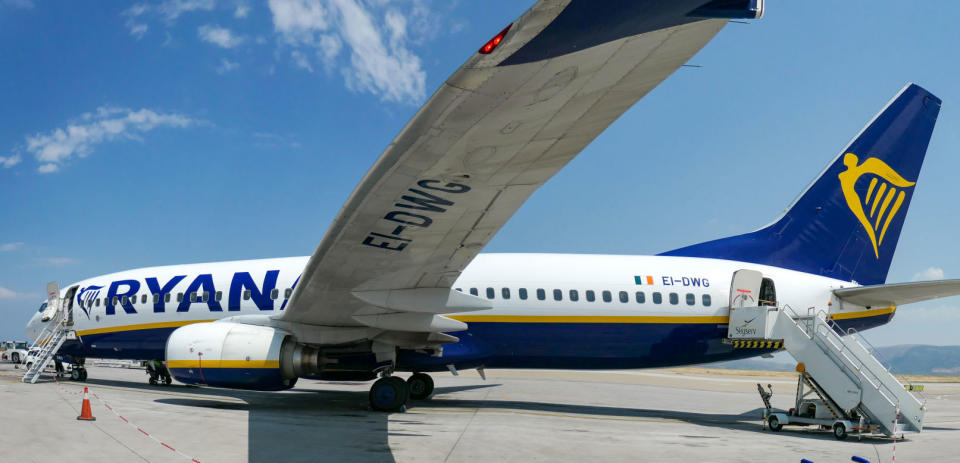Cellphone interference still poses a risk aboard some Boeing jets
Most airlines have updated their systems after a 2014 FAA audit.
Even switching your phone to airplane mode won't keep it from being a risk on some Boeing jets. A 2014 FAA study revealed that some cockpit screens on Boeing 737 and 777 jets are vulnerable to interference from WiFi, cell phone signals or even weather radar. Bloomberg reported today that while many have been replaced, some jets still contain the outdated models built by Honeywell International, Inc.
The manufacturer is pushing back on Bloomberg's estimate that "potentially hundreds of aircraft worldwide are flying with the unsafe systems." In a statement, Honeywell spokesman Nina Krauss said the problem may impact 70 or fewer jets, and there's no evidence that the airplanes are operational. Many units could be on retired aircraft or simulators.
Interference can cause the affected units to lose critical data on airspeed and navigation. Airlines and Honeywell both argue that the cockpit screens don't pose a safety risk. Still, dozens of pilots have reported instances of display units going blank and important flight important vanishing. The FAA is giving airlines until November 2019 to upgrade their systems.
If you're due for a flight in the near future, there's no need to panic. First off, the chances of you flying on a plane with an outdated unit are very low. Both Delta and Southwest Airlines have upgraded their screens. American Airlines still has 14 jets that need the update, and United Airlines has 17 jets that need components replaced, company representatives told Bloomberg. Budget European carrier Ryanair hasn't upgraded its screens due to the "financial burden," but inspected its display units and replaced those with issues.
All told, the outdated cockpit screens still present a relatively low risk. Back in 2014, Southwest Airlines ran a test on WiFi-enabled Boeing 737s with the affected Honeywell system and reached 2,300,000 hours with no issues. Still, it's better for the airlines to be as safe as possible when it comes to passenger safety.
Update, 7/18/19, 5:20PM ET: This story has been updated with more details from manufacturer Honeywell.



